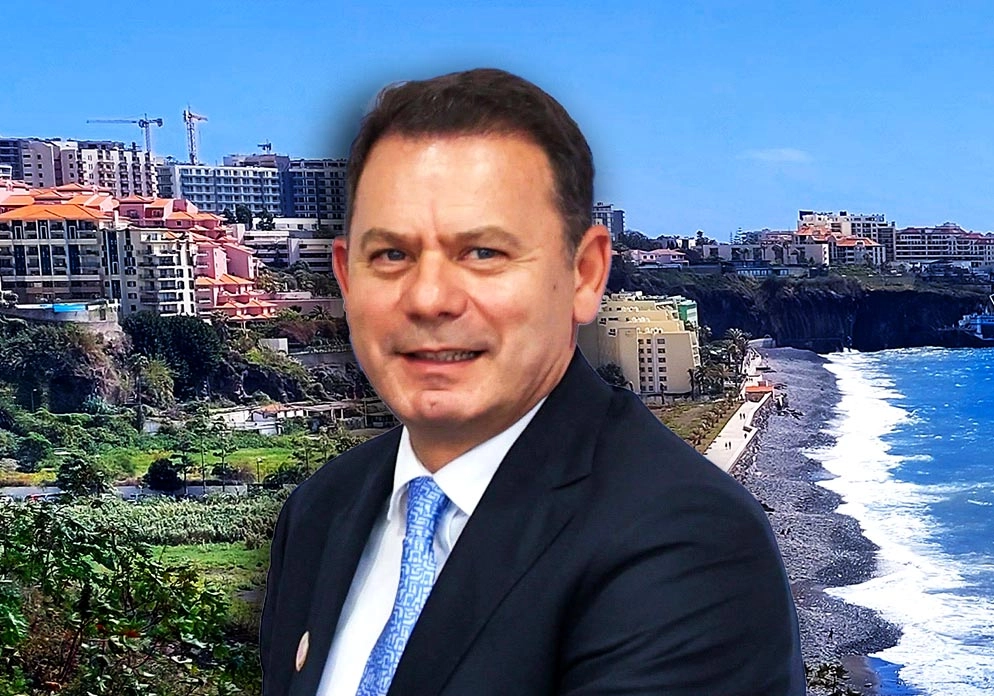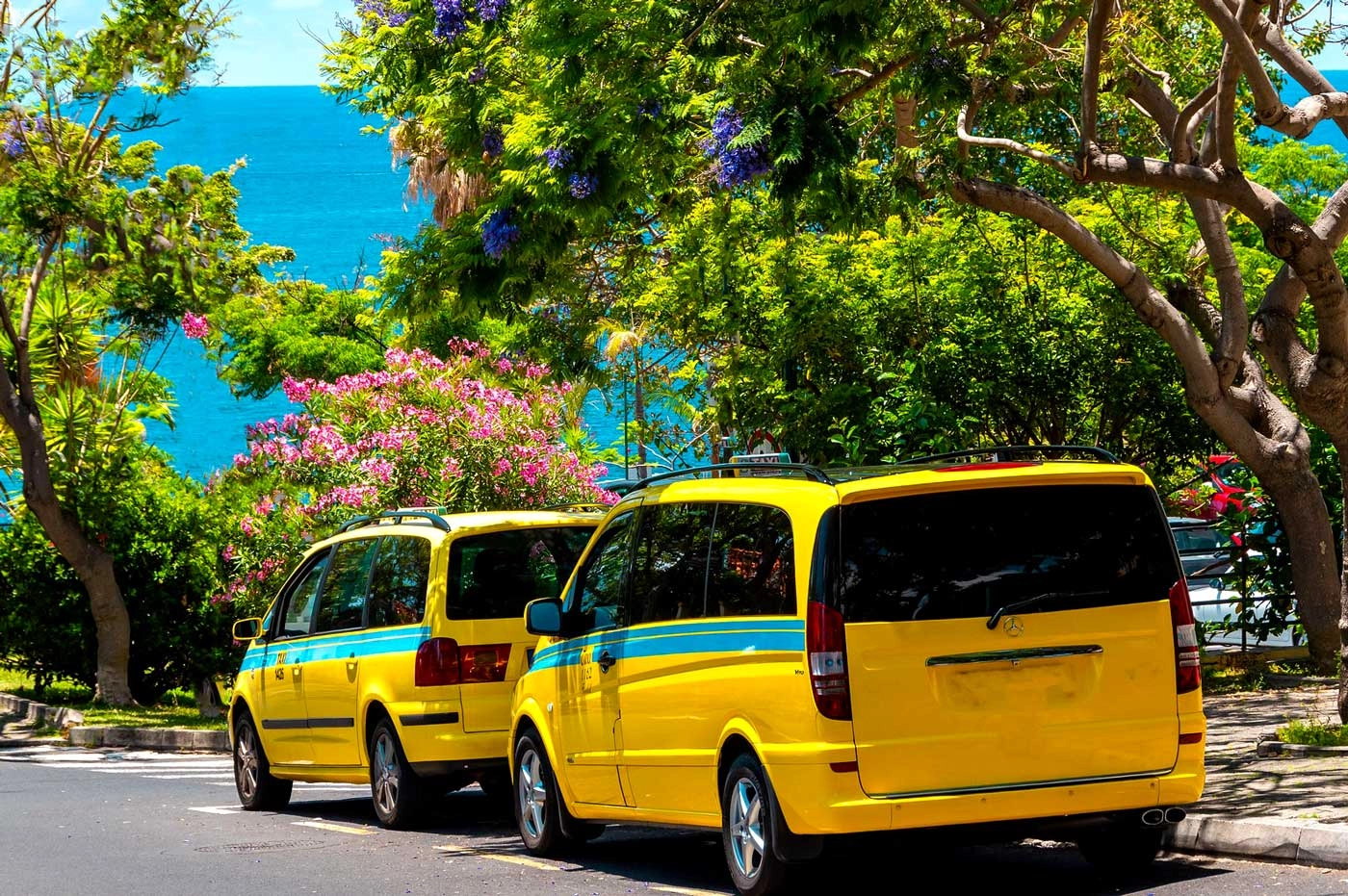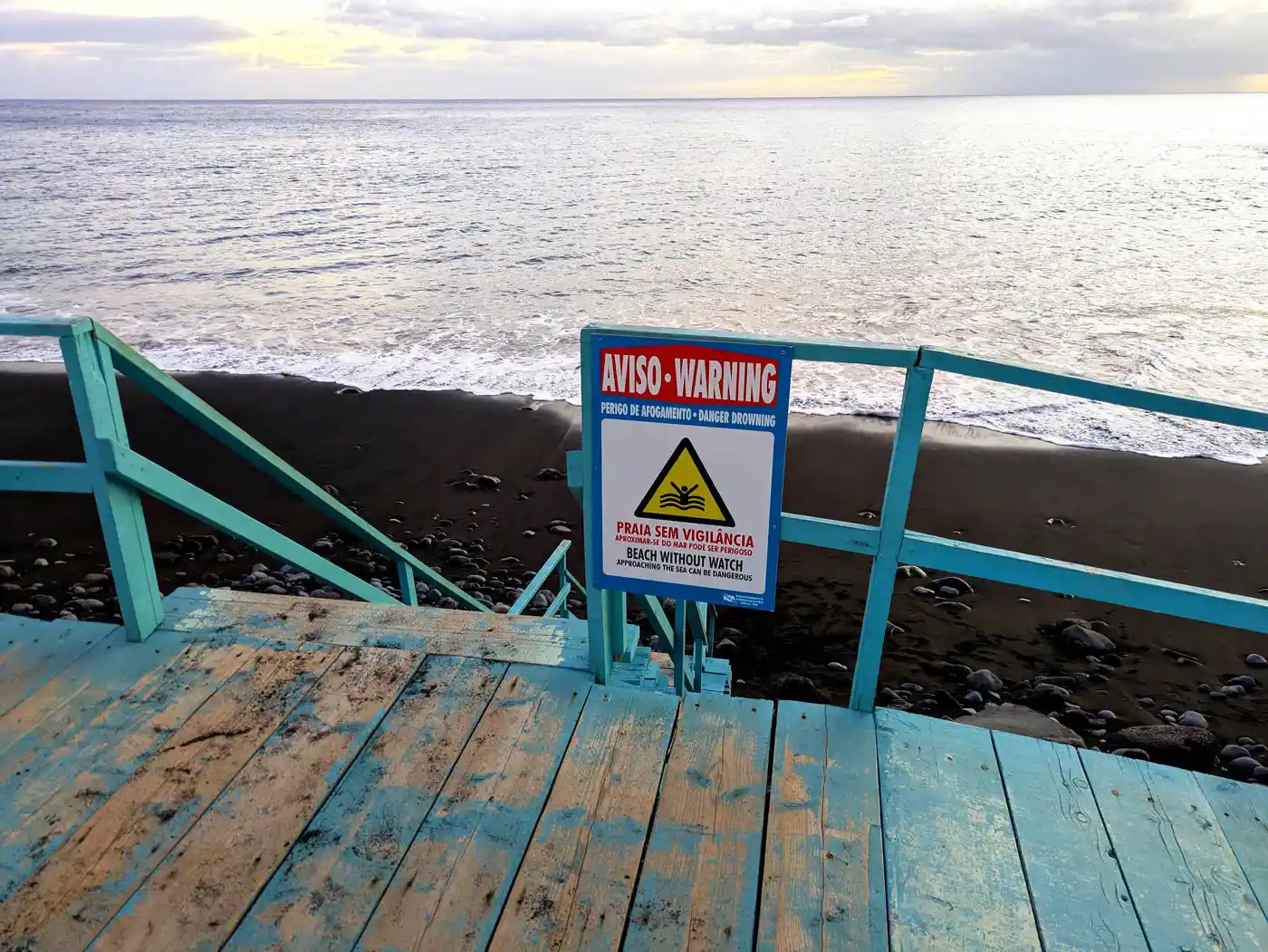Prime Minister Says Court Ruling Will Be Respected
Prime Minister Luís Montenegro confirmed on Thursday that the government will not drop the proposed immigration law, even if its wording must be changed following a ruling by the Constitutional Court. The law is expected to be debated in Parliament in September.
If by any chance, the Constitutional Court finds that any provision is not fully in line with constitutional principles, the majority I represent will accept the decision and find a legal solution that respects the court’s interpretation (…) We will not abandon our objective, even if there is a correction in the wording of the law due to the Court’s opinion.
Luís Montenegro, RTP Madeira
Debate Set for September
The law has not yet reached Parliament. Montenegro said the discussion will take place at the beginning of the new legislative session. The government is waiting for the Court's opinion, which he expects soon. Despite this, Montenegro expressed confidence in the proposal.
Law Aims to Support Immigrants in Portugal
According to the prime minister, the law is meant to give structure and dignity to immigrants who come to Portugal to work. “We need them” he said.
Our belief is that the solutions found in Parliament are in line with the Constitution. If, as we expect, there is no legal conflict, then our plan is to move forward
What The New Law Aims to Change
Here are some practical examples of what the proposed Portuguese immigration law would change or introduce. The law ends most informal pathways to legal residency, removing the “expression of interest” process and requiring nearly all applicants to secure jobs before arrival or possess “highly qualified” skills.
1. Job Seeker Visas
Before: Many people arrived in Portugal using tourist visas and stayed illegally while searching for work.
Now: The new law creates a special visa just for job seekers. This visa is available only for people with high-level skills (what counts as “high-level” will be decided later). The visa lasts for 120 days and can be renewed one time. If you do not find a job in this period, you must leave Portugal and wait one year before applying again. You also need to sign up at the national employment agency (IEFP).
2. Residency Through Work Contracts
Before: It was often slow and complicated to get a residency permit, and many people worked informally while waiting.
Now: The “expression of interest” process (where you started working and then asked for residency inside Portugal) has been removed. You now need to get a job offer and a visa before coming to Portugal. There are special rules for people already working and paying social security before June 3, 2024—they can apply until December 31, 2025.
3. Community of Portuguese Language Countries (CPLP)
Before: Citizens from countries like Brazil, Angola, or Mozambique had to follow the same rules as everyone else.
Now: There is an easier, mostly online process for CPLP citizens, with fewer documents needed. But, you must now get a special residence visa before coming—arriving as a tourist or with visa-free entry is not enough. All applications go through the Portuguese consulate and will have stronger security checks.
4. Centralized Processing
Before: Many people waited a long time for answers at local immigration offices (SEF).
Now: A new agency (AIMA) manages all immigration applications. They have nine months to make a decision on your application. There are new service centers and digital (online) platforms to make the process faster and clearer.






Comments